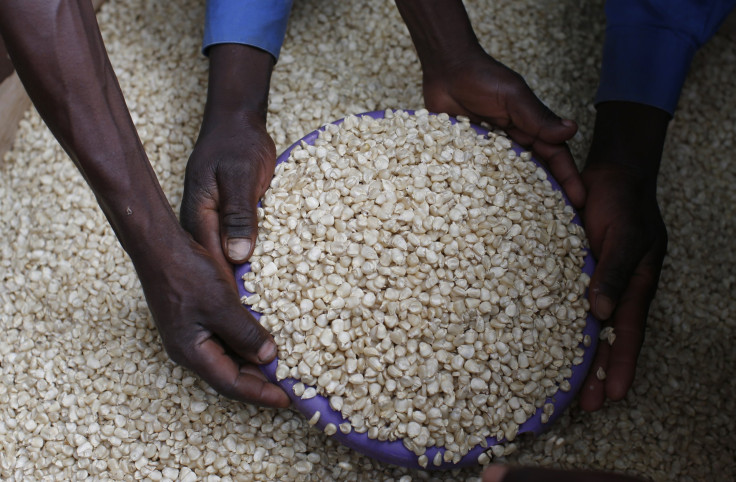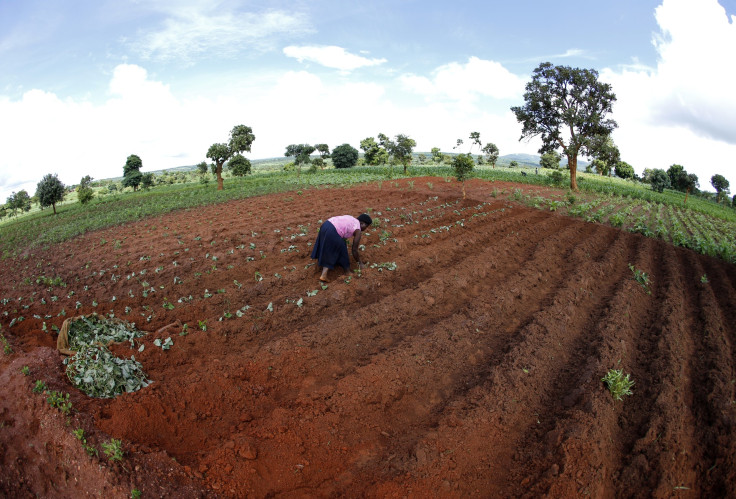Malawi Declares State Of Disaster Over Food Crisis, Drought Linked To El Niño

Malawi has declared a state of national disaster over the worsening food crisis caused by a dire drought that has left much of southern Africa parched. Malawian President Peter Mutharika said Tuesday some 2.8 million people — about 20 percent of the population — face food insecurity, making the country one of the worst hit in the region.
“I declare a state of national disaster effective from today,” Mutharika said in an online statement. “It is very clear that we have food shortage in the country, which will affect a considerable number of our fellow citizens.”
Prolonged drought and erratic rains linked to the current El Niño have scorched crops in Malawi, particularly in the southern region and parts of the central area. Weather agencies worldwide have said the ongoing climate system, which is a warming of the equatorial Pacific Ocean, may become the strongest on record.
Mutharika said production of maize, a staple food for Malawians, has dropped more than 12 percent since last year. This means the country is short of about 1 million tons of maize needed to feed its people.
“With the increased maize deficit, it is expected that an increased number of people will be food insecure and will require humanitarian relief assistance for the whole 2016-17 consumption year,” the president said.

For residents, Mutharika’s state of disaster declaration seems too little too late. In September last year, the United Nations World Food Program warned millions of Malawians would face famine in the coming months, after floods and droughts devastated harvests. At that time, Ian Maliseni, who lives near the central capital of Lilongwe, said the food crisis was the worst he’s ever seen. The 35-year-old has experienced many food shortages in his home country, but, he said, the situation has worsened since then.
“Food prices have skyrocketed,” Maliseni, founder and executive director of a local charity, Urunji Child-Care Trust , told International Business Times Thursday. “Many people feel the declaration is way overdue.”
Some 50 million people in southern and eastern Africa, including parts of Ethiopia and Zimbabwe, are affected by the current drought caused by El Niño, according to U.N. figures. The weather phenomenon impacts rainfall patterns and temperatures around the world, but most intensely in the tropical regions of Africa, the Asia-Pacific and Latin America.
The waxing and waning of rainfall across sub-Saharan Africa in recent years has been attributed to both El Niño and La Niña, the cooler counterpart of El Niño that produces opposite climate variations as part of the broader El Niño-Southern Oscillation. While some areas receive excess rains, others receive none, leading to floods, drought, famine and illness.
© Copyright IBTimes 2024. All rights reserved.





















